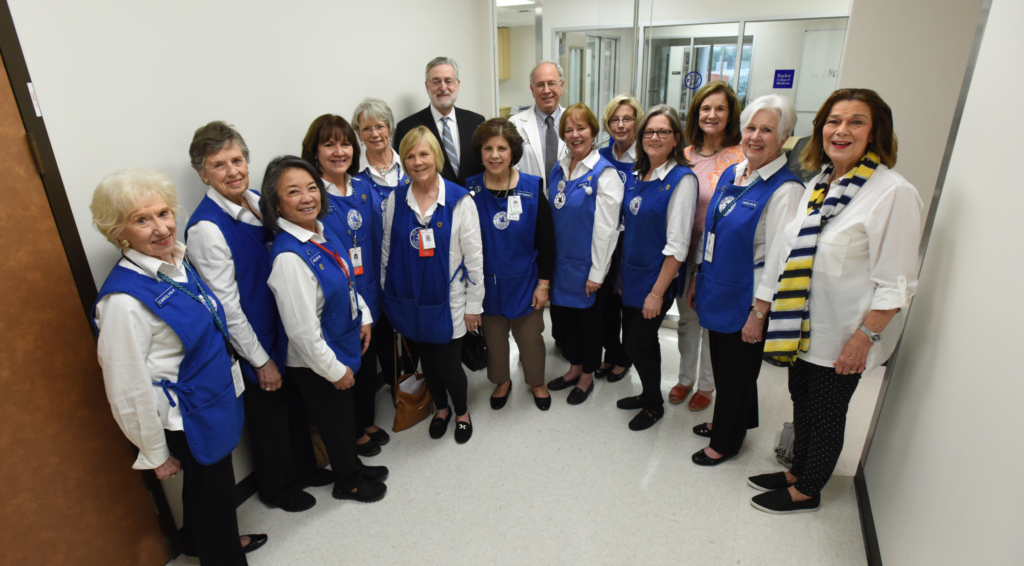The Blue Bird Circle Funds Genetic Study Into Seizures and Glioblastoma

What began as a 15-member female outreach group at a local church has blossomed into Houston’s oldest and one of its strongest women’s volunteer organizations. This year, The Blue Bird Circle celebrates 100 years of donating countless hours and millions of dollars to drive research and advancements in children’s neurology.
With its most recent gift to Baylor, The Blue Bird Circle is helping researchers identify and understand a specific gene responsible for treatment-resistant seizures that may accelerate the growth of glioblastoma, an aggressive form of brain cancer. Baylor studies reveal that the gene’s inability to uptake potassium is a significant trigger in the frequency of seizures and tumor progression, leading to more clues on treatment protocols.
“Today 14% of children are born with a neurological disorder,” said Jeffrey Noebels, M.D., Ph.D., director of The Blue Bird Circle Developmental Neurogenetics Laboratory at Baylor. “Support from The Blue Bird Circle allows us to focus on developing new strategies for the early detection and prevention of these disorders, holding promise for tomorrow’s child. The Blue Bird Circle is a jewel in the Texas Medical Center’s crown.”
Like the plumage of their namesake, the group’s volunteers are distinct in their signature blue vests as they help staff patient clinics in the medical center and run their successful resale and consignment shop. Proceeds from the shop have helped them fund initiatives like The Blue Bird Circle Developmental Neurogenetics Laboratory, founded in 1986.
Thanks to the organization’s support, the lab has discovered more than 40 single genes that cause epilepsy in children, a disease that affects 70 million worldwide. Baylor has also leveraged The Blue Bird Circle’s support for major multi-million-dollar projects funded by the Neurological and Cancer Institute of the National Institutes of Health and the Human Genome Center.


